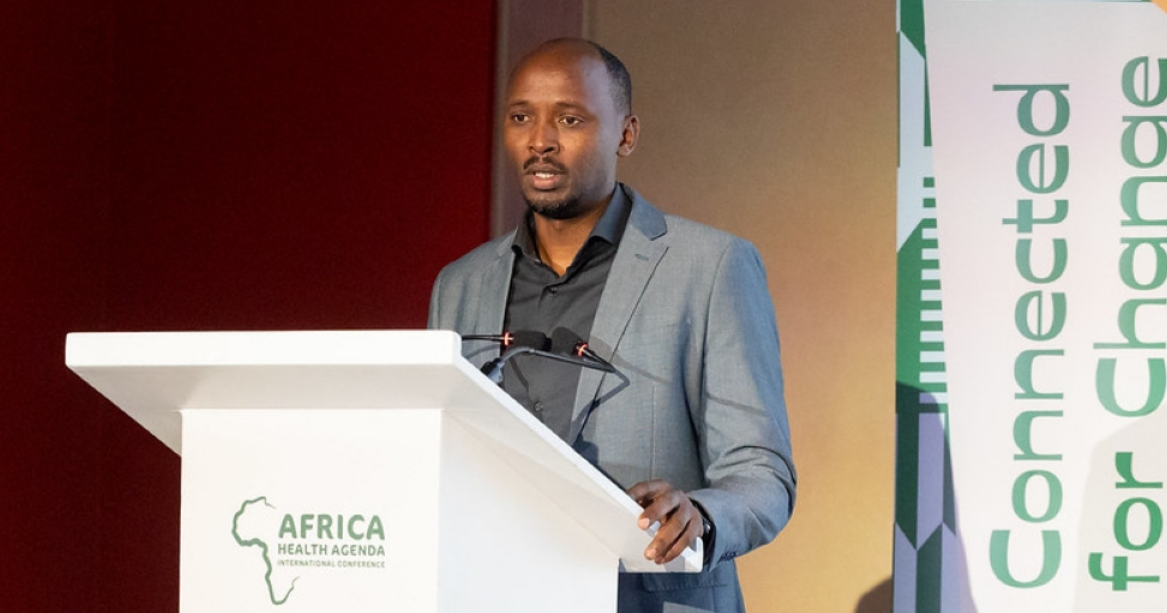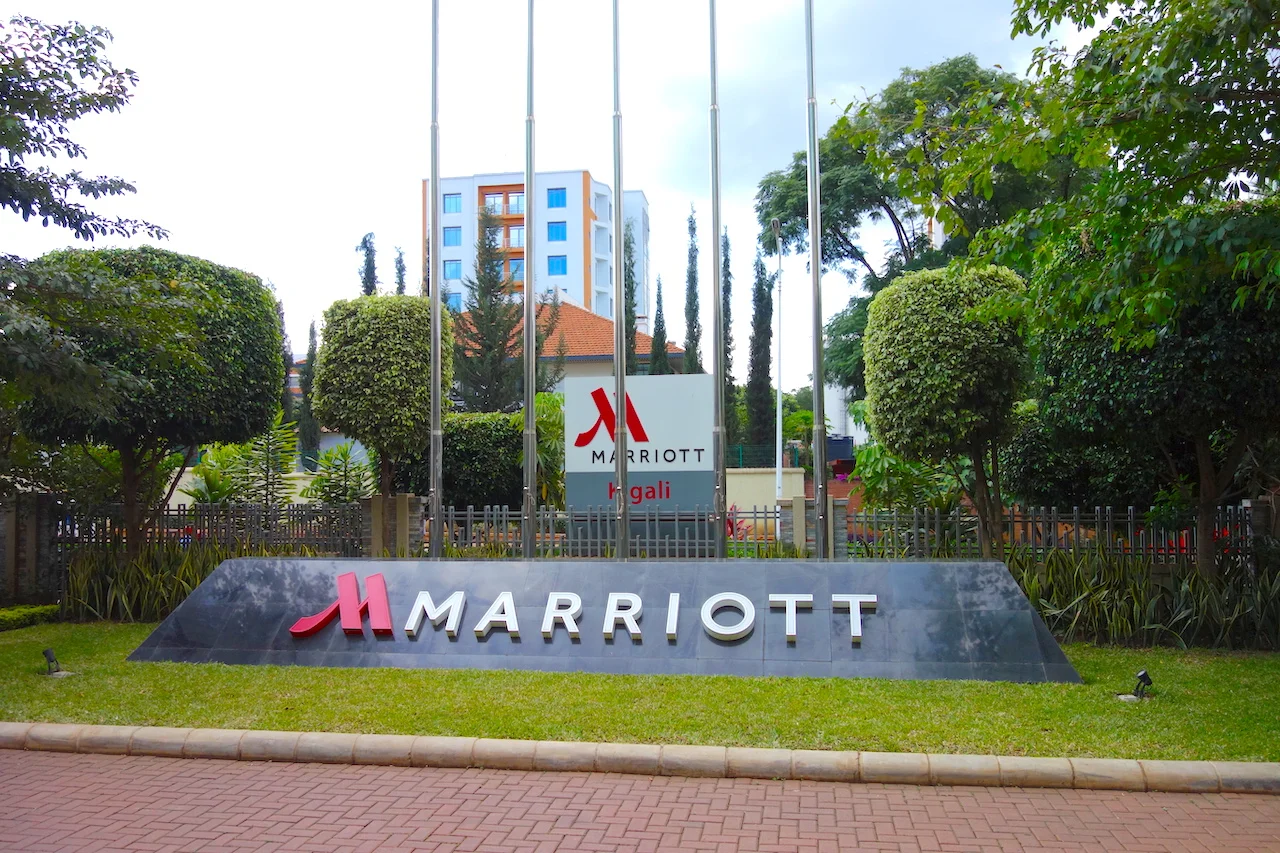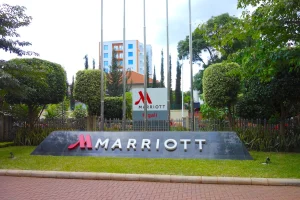How Can Rwanda Increase Funding for Cancer Treatment?
Cancer treatment remains a major public health concern in Rwanda, with increasing cases requiring improved access to quality and affordable care. While Rwanda has made significant progress in strengthening its healthcare system, ensuring sustainable funding for cancer treatment remains a challenge. The question then arises: How can Rwanda increase funding to improve cancer treatment services?
Expanding Public Health Insurance Coverage
One of the most effective ways to ensure sustainable funding for cancer treatment is through the expansion of the existing community-based health insurance scheme, Mutuelle de Santé. The Rwandan government recently announced that, starting in July, the scheme will cover cancer treatment services, including chemotherapy and radiotherapy. This initiative, announced on January 17, aims to alleviate the financial burden on families and will also include coverage for kidney transplants, prostheses, and 11 other essential health services. Ensuring effective implementation and expanding coverage to include more advanced treatments will further support those affected by cancer.
Strengthening Public-Private Partnerships
Public-private partnerships (PPPs) can play a vital role in increasing funding for cancer care. By collaborating with private healthcare providers, pharmaceutical companies, and non-governmental organizations, Rwanda can attract additional investment and expertise to enhance cancer treatment infrastructure and service delivery. Encouraging more private sector involvement in healthcare financing can help mobilize resources and expand treatment capacity.
Investing in Early Detection and Prevention
Preventing cancer and detecting it at early stages can significantly reduce the overall cost of treatment. Investing in awareness campaigns, screening programs, and vaccination initiatives—such as the HPV vaccine for cervical cancer—can help reduce the number of cases requiring expensive treatments. The government and health stakeholders should allocate more funds toward cancer prevention strategies to ease the financial strain on the healthcare system.
Leveraging International Support and Grants
Rwanda has a strong track record of working with international donors and development partners to improve healthcare services. Seeking additional grants and funding from global health organizations, such as the World Health Organization (WHO) and the Global Fund, can provide the necessary financial support to enhance cancer care services. Strengthening advocacy for increased international aid and forming strategic partnerships with global institutions can help bridge the funding gap.
Enhancing Local Manufacturing of Cancer Drugs
One of the major challenges in cancer treatment is the high cost of medication, which often has to be imported. Encouraging local pharmaceutical manufacturing could help lower costs and ensure a steady supply of essential cancer drugs. Supporting research and innovation in the local health sector can contribute to the development of affordable treatment options.
Decentralizing Cancer Treatment Services
Currently, cancer treatment services in Rwanda are available in a limited number of hospitals. To increase access and reduce costs associated with traveling long distances, the Ministry of Health plans to expand chemotherapy services from four to nine hospitals. Decentralizing cancer treatment services will make care more accessible and cost-effective for patients across the country.
Additionally, Rwanda has made significant infrastructural advancements in cancer care. President Paul Kagame inaugurated the Rwanda Cancer Centre at the Rwanda Military Hospital in Kanombe, which is equipped with two linear accelerators and a CT scan for treatment planning. Since its operational launch in March 2019, the center has treated over 350 patients. This facility complements existing chemotherapy units and supports comprehensive cancer care, including prevention, diagnosis, and treatment services.
Conclusion
Increasing funding for cancer treatment in Rwanda requires a multi-faceted approach, including expanding health insurance coverage, fostering public-private partnerships, investing in prevention, securing international support, and promoting local drug manufacturing. By implementing these strategies, Rwanda can continue to improve cancer care, making treatment more accessible and affordable for all its citizens.








